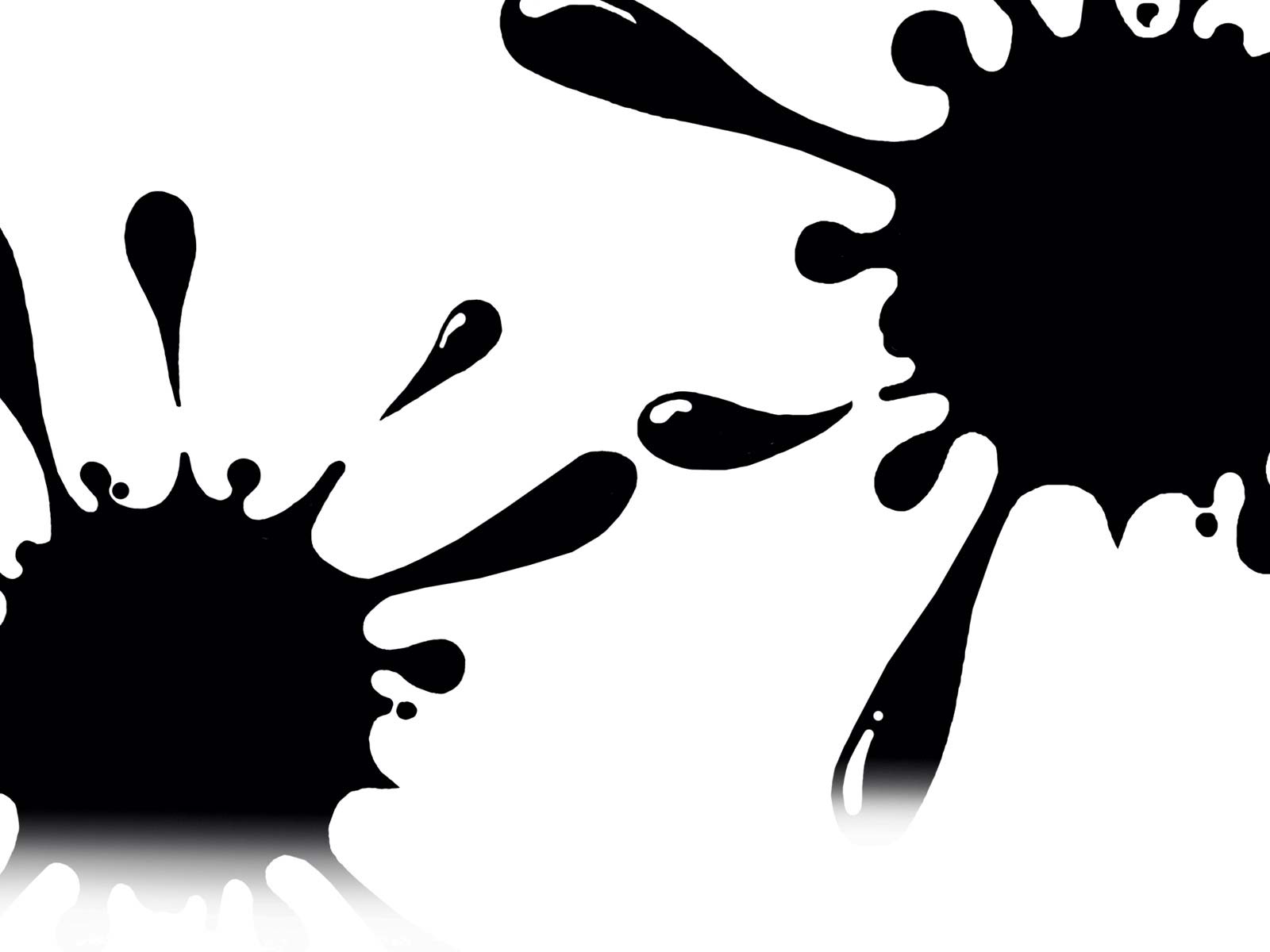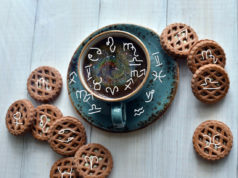Due to an oversight, I neglected to mention the Mimir Chamber Music Festival in this week’s print edition, so I’m here on Blotch to redress that. The festival starts on Thursday and runs through the 13th at TCU’s PepsiCo Recital Hall. The opening concert is an all-Beethoven recital with two lyrical early works (the Op. 16 piano quartet and his Third String Quartet) juxtaposed with his second “Razumovsky” quartet. Rather than go over those much-discussed works, I thought I’d give notes on the lesser-known repertoire in the other concerts:
Saturday the 7th features Brahms’ sturdy and noble Trio for Violin, Horn, and Piano, an impressively smooth piece of workmanship given how brass instruments tend to clash with piano or strings (if aren’t woodwinds to even out their sound). There’s also Joan Tower’s 1994 string quartet Night Fields, which she had so much trouble composing that she thought about calling the piece Nightmare. In a program note, she described it as “a cold windy night in a wheat field lit up by a bright full moon, with waves of fast moving colors rolling over the fields.”
The recital on Sunday the 8th has Georges Enescu’s weird and shimmering little Sonata for Violin and Piano. The piece has a character all its own, probably stemming from the composer’s Romanian heritage, which figured heavily in his music. The centerpiece is Tchaikovsky’s Piano Trio subtitled “In Memory of a Great Artist.” That refers to the composer’s mentor Nikolai Rubinstein, whose death inspired the piece. The opening and closing sections are as anguished as you’d expect, but in the middle are a second movement structured as a theme and variations with a melting lullaby theme played by the piano. The vigorous third movement could have ended the piece on a triumphant note, but Tchaikovsky goes for the despair instead.
The concert on the 10th goes all in for Russian music, with Alexander Glazunov’s discursive Elegy for Cello and Piano, which has a turbulent middle section. Anton Arensky’s Quartet for Two Cellos features an extra cello instead of the customary setup (two violins, one viola, one cello). The stormy opening features the underappreciated composer’s innovative instrumentation and writing. To go with the late Romanticism, there’s a Modernist work in Shostakovich’s Ninth String Quartet, which displays the composer’s mix of darkly antic humor, lyricism, and despair (as well as some explosive pizzicato and strumming effects). Except for Mahler and possibly Alfred Schnittke, no one else could swing between these wildly conflicting emotions so violently and yet still have the piece come out as a unified whole.
The final performance on the 13th opens with Villa-Lobos’ Pequena Suite. (That’s not a misprint. The word in Portuguese has no tilde on the “n.”) It’s a very early work by the self-taught Brazilian composer, and it’s a Baroque flavored work that features Villa-Lobos’ love for ancient music, even if it’s not a particularly Brazilian-flavored piece. The festival then closes with Schumann’s Piano Quintet, and though we hear it at every Van Cliburn Competition, its freshness and ingenious structure (with the double fugue at the end) are always impressive. This weeklong festival at the height of summer is always worth attending, so be sure to make time for this.












